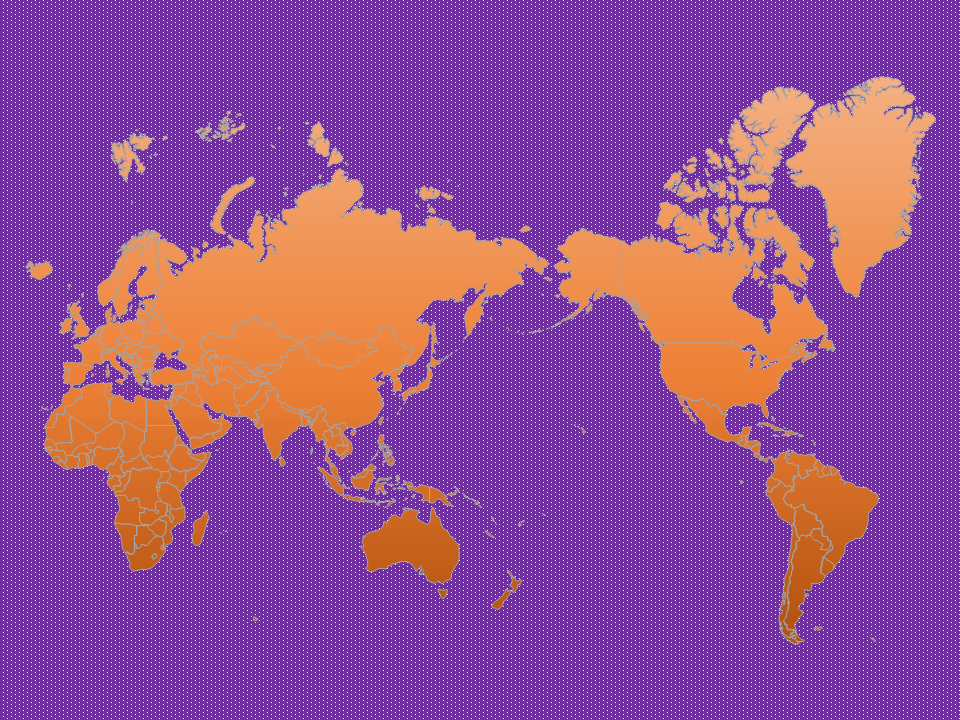Pick Up
876. Food Security and Clean Energy Transition Threatened by Geoeconomic Fragmentation

876. Food Security and Clean Energy Transition Threatened by Geoeconomic Fragmentation
In an increasingly globalized world, vital resources such as rare metals and agricultural commodities critical to a green economy are monopolized by a handful of resource-rich and comparative advantage nations. This concentration exposes the world to trade disruptions caused by geopolitical crises, threatening food security and the transition to clean energy.
Russia's invasion of Ukraine in late February 2022 disrupted the global market for agricultural commodities, causing food prices to skyrocket. Currently, a potential geopolitical crisis looms in the Middle East, threatening both food security and the achievement of the SDGs due to likely price spikes caused by disruptions in global trade supply chains.
A recent International Monetary Fund (IMF) blog on October 3 warned of the dangers of geo-economic fragmentation for the transition to food security and clean energy. The IMF highlighted that key commodities such as agricultural products and rare metals are disproportionately concentrated in a select group of producing and exporting countries, increasing the vulnerability of global supply chains.
According to the IMF, while commodity price volatility resulting from geopolitical fragmentation may cause only a 0.3% loss to the global economy in the long run, low-income and vulnerable countries could face a sustained loss of 1.2% of GDP on average, with some experiencing losses of 2% of GDP. This is mainly due to the stagnation of agricultural imports, which could have a significant impact on the food security of low-income food-importing countries.
The blog outlined the inherent challenge: production of globally traded commodities is concentrated in regions with comparative advantages in resource endowment. In particular, the top three suppliers of mineral resources can account for up to 70% of global production. However, the development of mining and processing facilities is a long-term endeavor and cannot respond quickly to short-term price signals.
Critical commodities such as food and fuel have a profound impact on household consumption, while many mineral resources are essential inputs for technology and manufacturing. The geographical skew of supply sources relative to demand leaves many countries heavily dependent on a very limited number of suppliers, making them vulnerable to price volatility resulting from trade restrictions.
The blog emphasized the urgent need for international cooperation based on multilateralism to avert a food security crisis and transition to a green economy.
Contributor: IIYAMA Miyuki (Information Program)
